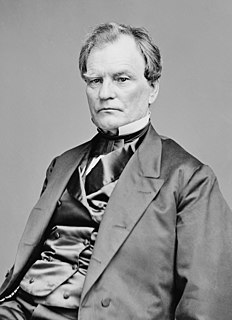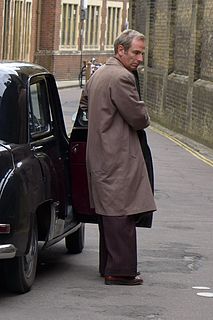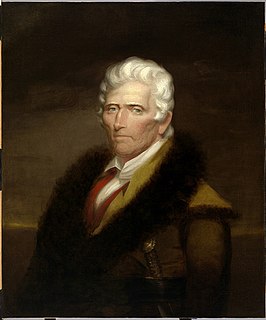A Quote by Jacques Yves Cousteau
From birth, man carries the weight of gravity on his shoulders. He is bolted to earth. But man has only to sink beneath the surface and he is free.
Related Quotes
Only when there is a wilderness can man harmonize his inner being with the wavelengths of the earth. When the earth, its products, its creatures, become his concern, man is caught up in a cause greater than his own life and more meaningful. Only when man loses himself in an endeavor of that magnitude does he walk and live with humanity and reverence.
Man alone, during his brief existence on this earth, is free to examine, to know, to criticize, and to create. In this freedom lies his superiority over the forces that pervade his outward life. He is that unique organism in terms of matter and energy, space and time, which is urged to conscious purpose. Reason is his characteristic and indistinguishing principle. But man is only man -- and free -- when he considers himself as a total being in whom the unmediated whole of feeling and thought is not severed and who impugns any form of atomization as artificial, mischievous, and predatory.
The animals you say were 'sent' for man's free use and nutriment. Pray, then, inform me, and be candid, why came they aeons before man did, to spend long centuries on earth. Awaiting their devourer's birth? Those ill-timed chattels, sent from heaven, were, sure, the maddest gift e'er given - 'sent' for man's use (can man believe it?) when there was no man to receive it!
The heaviest of burdens is simultaneously an image of life's most intense fullfillment. The heavier the burden, the closer our lives come to the earth, the more real and truthful they become. Conversely, the absolute absence of a burden causes man to be lighter than air, to soar into new heights, take leave of the earth and his earthly being, and become only half real, his movements as free as they are insignificant. What then shall we choose? Weight or lightness?
So long as men desire to live together, no man may initiate the use of physical force against others. . . . When a man attempts to deal with me by force, I answer him by force. It is only as retaliation that force may be used and only against the man who starts its use. No, I do not share his evil or sink to his concept of morality: I merely grant him his choice, destruction, the only destruction he had the right to choose: his own.
I understood how a man who has nothing left in this world may still know bliss, be it only for a brief moment, in the contemplation of his beloved. In a position of utter desolation, when a man cannot express himself in positive action, when his only achievement may consist in enduring his sufferings in the right way - an honorable way - in such a position man can, through loving contemplation of the image he carries of his beloved, achieve fulfillment.






































